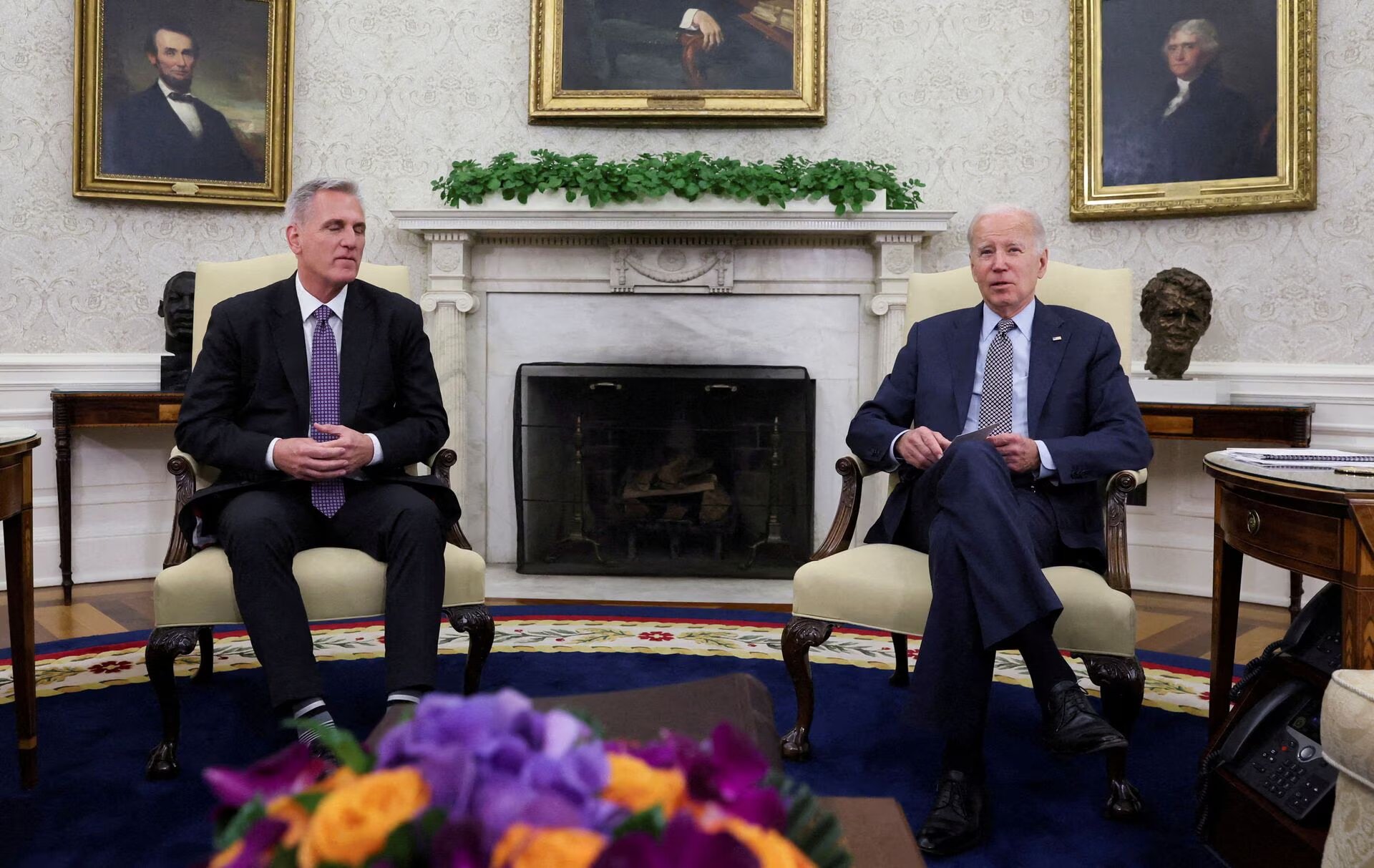Commodities
US House conservatives revolt against leadership, block gas stove bill

A small group of Republicans in the House of Representatives on Tuesday stopped their leaders’ drive to protect gas-fueled stoves from regulation, raising questions about the party’s ability to advance other legislation this year.
The revolt had nothing to do with the kitchen appliances, stemming instead from lingering bitterness over a deal to raise the U.S. debt ceiling.
In a surprise move, roughly a dozen conservatives sided with Democrats in a 220-206 vote that prevented the House from taking up a gas-stove bill backed by Republican leadership.
The effort underscored the ability of a handful of conservatives to challenge the leadership of Speaker Kevin McCarthy, who presides over a narrow Republican
The next steps are unclear. McCarthy met with some of the rebels behind closed doors after the failed vote, but the chamber wrapped up business for the day without announcing whether they would try again.
Some state and local governments have begun prohibiting gas-fueled furnaces, water heaters and stoves in new buildings as a way of reducing fossil-fuel emissions contributing to climate change.
The Republican bill, if passed by the House, could have faced resistance in the Democratic-controlled Senate.
One of the conservative House Republicans who voted “no,” Representative Ralph Norman, accused McCarthy of a “bait and switch” in his negotiations to raise the debt ceiling with Democratic President Joe Biden. Norman and other far-right Republicans had pushed for far deeper spending cuts than the $1.3 trillion that were enacted into law.
Others said they were angry over McCarthy’s handling of an unrelated bill designed to roll back new federal restrictions on certain pistols.
“We’re not going to live in the era of the imperial speaker anymore,” said Republican Representative Matt Gaetz.
The House had been scheduled on Tuesday to vote on a bill that would prohibit the U.S. Consumer Product Safety Commission from declaring gas stoves to be hazardous or otherwise restrict their sale.
Another bill, scheduled for Wednesday, would restrict energy conservation standards and block the Department of Energy from issuing rules that would raise the price of gas stoves or force them off the market.
Throughout this summer McCarthy will be responsible for passing spending bills through the House ahead of the Oct. 1 start of the new fiscal year.
Failure to do so could lead to the risk of a partial government shutdown, as has happened several times over the past decade.
Commodities
Oil prices rise; U.S. crude inventories plunge, Russia-Ukraine truce eyed
Commodities
India’s Reliance to stop buying Venezuelan oil over US tariffs, sources say
Commodities
Oil prices climb on Venezuela supply worries

 Forex3 years ago
Forex3 years agoForex Today: the dollar is gaining strength amid gloomy sentiment at the start of the Fed’s week

 Forex3 years ago
Forex3 years agoUnbiased review of Pocket Option broker

 Forex3 years ago
Forex3 years agoDollar to pound sterling exchange rate today: Pound plummeted to its lowest since 1985

 Forex3 years ago
Forex3 years agoHow is the Australian dollar doing today?

 Cryptocurrency3 years ago
Cryptocurrency3 years agoWhat happened in the crypto market – current events today

 World3 years ago
World3 years agoWhy are modern video games an art form?

 Commodities3 years ago
Commodities3 years agoCopper continues to fall in price on expectations of lower demand in China

 Economy3 years ago
Economy3 years agoCrude oil tankers double in price due to EU anti-Russian sanctions



































